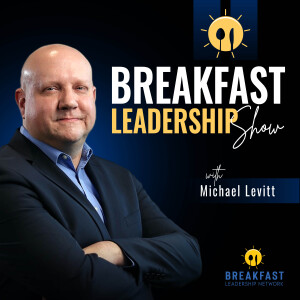
Steve Shenbaum is the founder of Game On Nation, a nationally recognized communication firm that employs game dynamics and improvisation to teach high-performance teamwork as well as communication, story-telling, public-speaking and presentation skills.
Game On Nation provides authentic and down-to-earth courses, keynotes, and custom training programs that are widely accessible and extremely successful. For over 27 years, Steve and his company have helped people at the highest level of every sphere in the country, including leaders at Fortune 100 companies, college and professional sports teams, all branches of the military, NASA, and the U.S. House of Representatives.
Steve gained notoriety for his early acting career, with featured roles in popular comedy films and shows such as Space Jam, Will & Grace, and American Pie 2. He understands the immense power of positive humor, and his professional success allows access to high-level audiences and clients.
Notable clients Steve has worked with include Yao Ming, Dale Earnhardt Jr., Carmelo Anthony, Sydney Crosby, Abby Wambach, and the U.S. Women’s National Soccer Team, to name a few. One of those notable clients, Alex Smith, the #1 NFL draft pick in 2005, shared this testimonial:
"Steve has had a major impact on my career by giving me tangible techniques to improve my communication, leadership, and overall development both on and off the field. He's also an incredible encourager and one of the funniest people I know.”
Steve’s authenticity and knowledge of team building and experiential learning have not gone unnoticed; he created and oversaw the communication, leadership, and media training program at IMG Academy from 2003-2012.
He aims to help human-resource executives, learning and development experts, young professionals, and emerging leaders and coaches looking to infuse positive humor, substance and authenticity into their message—or simply anyone who loves Ted Lasso or Mr. Rogers, as they would dig Steve’s vibe of kindness, empathy, and engagement.
More Episodes
 2023-04-10
2023-04-10
 2023-04-05
2023-04-05
 2023-04-03
2023-04-03
 2023-03-31
2023-03-31
 2023-03-29
2023-03-29
 2023-03-27
2023-03-27
 2023-03-22
2023-03-22
 2023-03-20
2023-03-20
 2023-03-15
2023-03-15
 2023-03-13
2023-03-13
 2023-03-08
2023-03-08
 2023-03-06
2023-03-06
 2023-03-03
2023-03-03
 2023-03-01
2023-03-01
 2023-02-27
2023-02-27
 2023-02-22
2023-02-22
 2023-02-20
2023-02-20
 2023-02-15
2023-02-15
 2023-02-13
2023-02-13
Create your
podcast in
minutes
- Full-featured podcast site
- Unlimited storage and bandwidth
- Comprehensive podcast stats
- Distribute to Apple Podcasts, Spotify, and more
- Make money with your podcast
It is Free
- Privacy Policy
- Cookie Policy
- Terms of Use
- Consent Preferences
- Copyright © 2015-2024 Podbean.com





